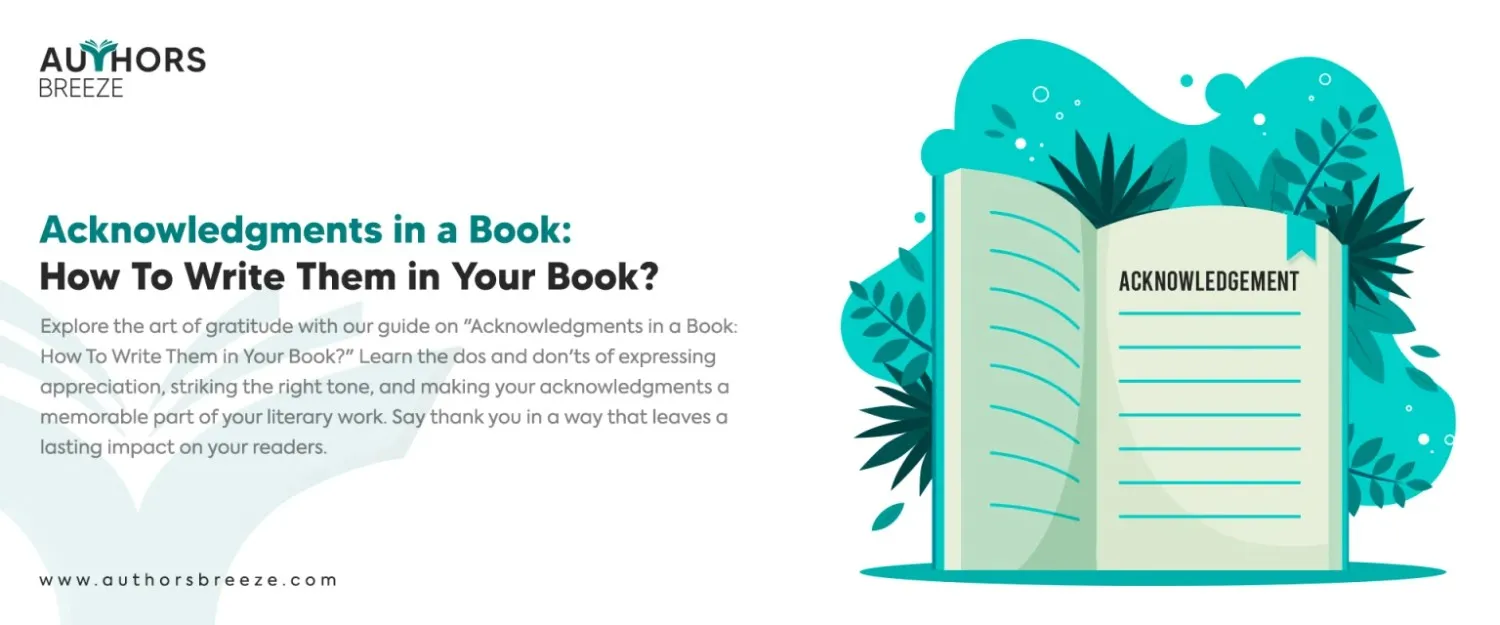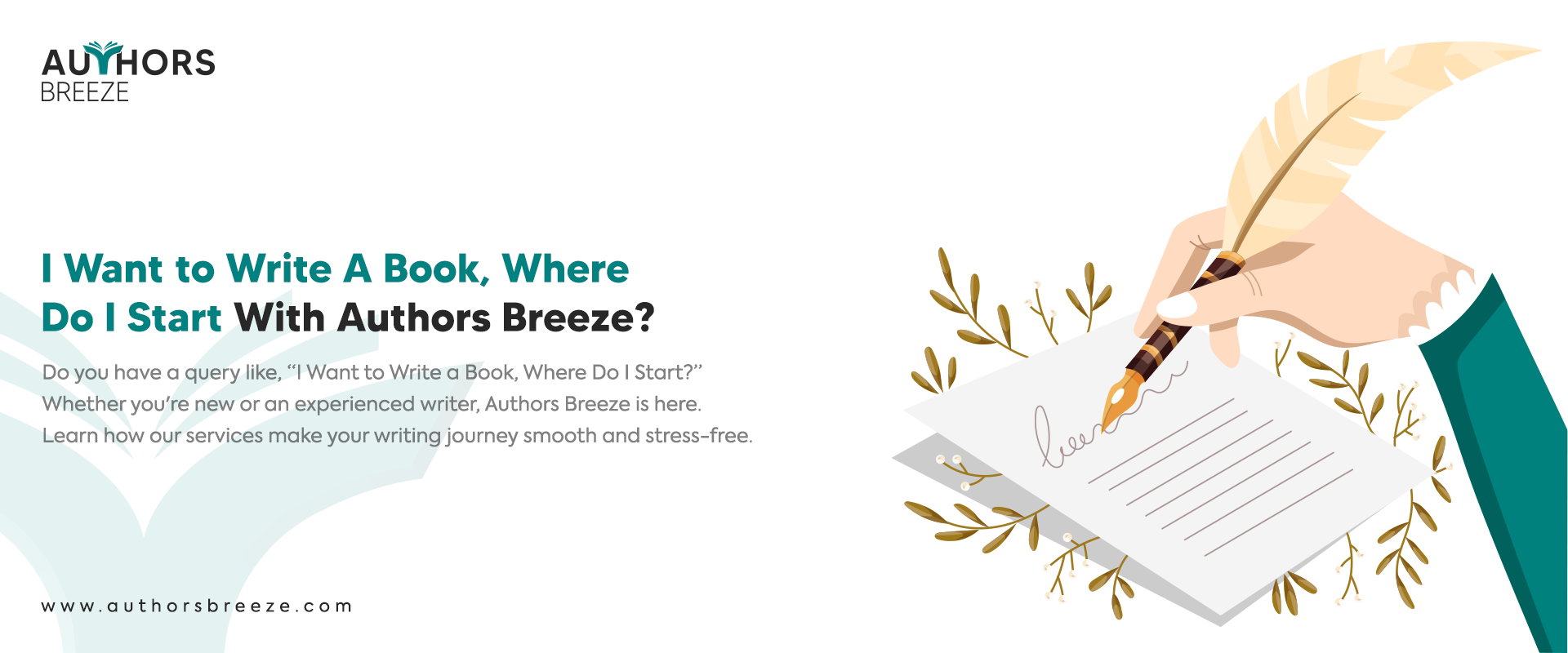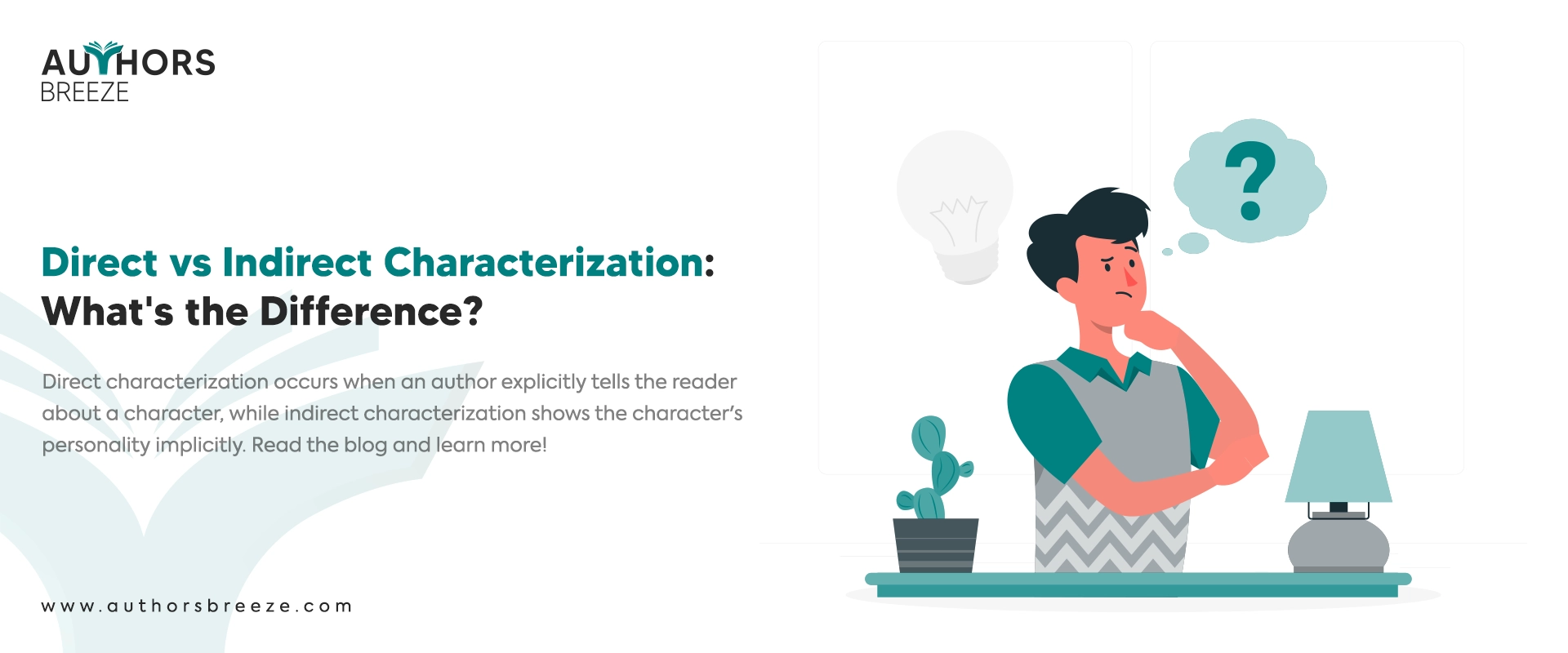Writing acknowledgements in a book is an art form, and learning is a great and essential skill for all writers, authors, and literary editors. So, what book acknowledgements even are? What is an acknowledgement page? Where do acknowledgements go in a book? What do you write in acknowledgements? Let us find answers to all of these questions and more.
What are Acknowledgements in a Book?
So, first things first, what are acknowledgements in a book? Acknowledgements in a book come from the basic principle of thanksgiving (not that one). Acknowledgements in a book allow an author to thank all of the people involved or who helped the author in writing and publishing the book. It help can be any sort of help, which includes emotional, moral, financial, or research support.
An author knows that it takes a lot to write a book, and it needs a lot of support, too, no matter if it is emotional, financial, or research support. It means too much to the author. Therefore, they are necessary, too. The acknowledgements usually carry a list of around 5 to 10 people (it can be an organization, too). This list includes anyone who has made significant contributions to completing the literary work of the author.
While it may seem easy from an observer’s or reader’s point of view or even the author’s (before writing them), deciding who you should add or not in the acknowledgements section can be a source of anxiety for some, if not all.
As an author, you may struggle to make a list of all the people you wish to add. On the other hand, you are afraid that you may leave someone behind unintentionally. To make this part easy for you, we have a tip for you. When adding acknowledgements in a book, make a list of all the people who have helped or supported you in any sense. After you write it, one by one, checkmark all those who have helped you the most.
In earlier times, acknowledgements in a book were rarely featured. However, dedications were more common. They offered personal, concise tributes. At the same time, acknowledgements allowed for comprehensive expressions of gratitude.
What is an Acknowledgments Page?
Now that we know what acknowledgements in a book are let us understand what an acknowledgements page is. An acknowledgement page is a page that is dedicated to thanking all of those who have helped play a significant part in publishing your book.
The acknowledgements page is not a very old notion and got recognition in the 20th century. Before the 20th century, it was rare to see acknowledgements in books. Writers and scholars at that time often worked in solitude, and the concept of acknowledging help or support from others in their work was not common.
In modern literature, acknowledgments pages have become a standard feature and reflect the collaborative and interconnected nature of the writing and publishing process. They serve not only as an expression of gratitude but also as a window into the author’s journey of completing their work.
The acknowledgements page usually comes on the front matter of your book. The front section of your book may include the following pages:
- The Title Page
- The Copyright Page (For any legal issues)
- The Dedication Page (if you want to dedicate your book to anyone)
- The Epigraph (a short quote related to the book)
- Table of Contents
- The Acknowledgments Page
- The Preface
- The Introduction
The front section of your book demands attention. Among its elements, the page of acknowledgements in a book stands out for its heartfelt significance.
Who To Thank In The Acknowledgments?
It depends entirely on you. However, to help you in this process, add anyone who you feel contributed enough to your book. You can include:
- Family members
- Friends
- Editors
- Publishers
- Coworkers or assistants
- Contributors or advisers
- Teachers and mentors
- Inspirations
How to Write an Acknowledgement Section in a Book?
It can be a tricky task to write acknowledgements in a book. However, if you follow the below-mentioned guidelines, you can add an exceptional acknowledgements page to your book:
1. Write Names Properly
First thing first, when you are adding names of all those who helped you with your book, you have to be careful and pay attention to that. Suppose you write a wrong name, misspell a name, or even jumble the descriptions of the people. It would be not very pleasant. Therefore, pay utmost attention to the names of those you want to thank. Write the full names of all the people or organizations who helped in this regard.
2. Arrangement Of The Names
You can arrange the names in any way you want. However, there are some rules that you can follow for the better. One such rule is to rank people according to importance, closeness, and how much they have helped you. This can make the listing very clear.
With that, be careful that when you list them down, keep the ones who are the closest and who helped you the most at the very top. The list should follow an ascending order when writing acknowledgements in a book.
We follow the “leaving no one behind” policy too, thus, for all the people who get confused to prioritize or do not want to do it. You can also follow the alphabetical order as it is the best alternative in this situation. List down all the people in alphabetical order to avoid such a situation.
3. Keep An Eye On Your Tone
When you write acknowledgments, keep an eye on your tone. Now, one may ask what you even mean by this. Well, let us explain. When you write acknowledgements, do not be an author; instead, be yourself. Readers do not want to know how exceptional skills you have as a writer. They just want to understand who was involved in your journey in writing your book. So be calm and write in an informal tone, but do not overdo it and be too casual.
Do not write, “My buddy Jack, from the high school days, what a guy he is, I swear,” this is way too much. Do not go like this too: “I am honorable for my friend Jack, the companion from the high school days; he is an astounding man who supported me enormously.” Would people even read this? Not sure.
4. Be Yourself
Make full use of this page and show the audience who you really are apart from the book. It is an excellent opportunity for you as an author to go ‘off script’ and offer readers a bit of your personality or sense of humor. Your audience would love to learn more about you. Also, this is probably the best section where you can indeed be yourself. The acknowledgement section is the best section of the book. You can use it to forge a deeper bond with your readers.
You should take full advantage of this luxury of acknowledgements in a book and make a connection with your readers. Readers certainly want to know about you and a glimpse of what is under the hood. The acknowledgement in the book provides all of that to the reader. Therefore, use a more informal and conversational tone when you write acknowledgements. Feel free to use humor or a comedic bent when you write your acknowledgements.
5. Be Sincere
Acknowledgements are not stories of fiction; they are just thankful texts. When you write them, make sure that you are on point and remember to be honest. Acknowledgements are not for you to add anyone and fake them. Be original, genuine, and open when you write acknowledgements in a book.
The acknowledgements in a book carry a lot of emotional weight for the people mentioned. They will hold your book dear and treasure their memories of contributing to it. When you thank them, it is vital to be sincere and genuine. Be clear and avoid excessive sweetness that might make it seem insincere. Expressing gratitude is an art, too, and it should be heartfelt but not overly so.
Writing acknowledgements implies that you are writing a book, and you will have to publish it, too. Therefore, you need to find a publisher. So, if you want to know “How to Find a Publisher for a Book in 2024?” read our blog.
What to Avoid When Writing Acknowledgments in a Book?
When you write acknowledgements in a book, you should write carefully and avoid the following mistakes:
Do Not Omit Key Contributors
Make sure that you mention and thank everyone who has made any form of contribution towards your work. With that, avoid excluding anyone who played a part in your work, no matter how small, big, or small it is.
Do Not Be Vague
Acknowledgements are thank-you messages. So, they are meant to be on point. When you are writing acknowledgements in a book, be specific and to the point. Avoid any generic and vague statements that do not convey specific information about the person or entity who contributed to your work.
Do Not Add Any Excessive Personal Detail
As we said earlier, writing acknowledgements is an art in itself. When you write acknowledgements, remember that they can be personal. Therefore, avoid adding anything that is too private or any intimate detail that may not be appropriate to include in it.
Tone – Do Not Use An Extreme End
When you write acknowledgements, it is essential to maintain a proper tone that is not extreme. Use a style that is professional. Avoid using an informal or too formal tone. Do not be too funny, as well as don’t be too serious.
Using Exaggerations
Last but not least, when you write your acknowledgements in a book, avoid using any exaggerations and being too sweet. Be specific, be sincere, and be serious about the acknowledgements. Be honest and thank people in the best possible manner.
Remember, acknowledgements are a way to express gratitude and recognize those who contributed to your work. They should reflect your genuine appreciation and uphold the standards of professionalism associated with your field of work.
Publish Your Book Successfully
If you have your book written and you now want it to be published. Our book publishers can help you with the process of publishing.
Hire e-Book PublishersTips For Writing A Book Acknowledgement
Here are some tips for writing a book acknowledgement.
- Write the full names of whomever you want to add to your acknowledgements.
- Arrange the names in ascending order (from the most helpful to the least helpful) or in alphabetical order.
- Specify why you are grateful to them.
- Do not exaggerate and add syrup to candy.
- Keep the acknowledgements as short as possible.
- Reread and revise.
Acknowledgements Examples
Here are some of the acknowledgement examples:
To My Family
I am deeply grateful to my family for their extraordinary support and understanding throughout the long and often challenging process of writing this book. Your encouragement, patience, and belief in my work have been a constant source of inspiration.
To My Editor
My heartfelt thanks go to my dedicated editor, whose keen eye, insightful feedback, and tireless commitment to polishing this manuscript have transformed my words into a cohesive and compelling narrative. Your expertise has been instrumental in making this book a reality.
To My Readers
To all the readers who have supported me on this literary journey. Your curiosity and enthusiasm have been key to my achievements in writing this book. I write for you, and your support is the driving force behind every word on these pages. Thank you so much for staying with me throughout this journey and being patient and supportive. Love you all.
FAQ’s
Where does the acknowledgment page go in a Book?
The acknowledgements section usually consists of one or two pages. It is typically found in the front matter of the book. However, it is sometimes in some books found to be at the back of the book pages. Its focus is to thank all the people who helped in any way bring the book to life.
What is an example of an acknowledgement?
Here is an example of acknowledgement:
“I am grateful to all of those with whom I have had the pleasure to work while writing my book. Each of the people, namely (Jack, Jill, and Jones) have helped me immensely, personally, professionally, and financially.”
What is the difference between dedication and acknowledgement in a book?
Dedications in books are usually more personal and are often dedicated to family, friends, or community groups. On the other hand, the acknowledgments page lets you thank people for their specific contributions and can include both personal and professional connections that helped make the book possible.
Conclusion
Typically, there are acknowledgements in a book. It does not mean it is mandatory for you to include them in your book. However, it is a nice way to express your gratitude and feelings through acknowledgments. The key is to seize the chance to thank everyone who has contributed to your project. Acknowledging others is not required. But it is a thoughtful gesture that expresses gratitude for the support you’ve received.
If you’re an author and have a book idea to self-publish, consider partnering with us. Our expertise can enhance your book’s overall success and help you create a flawless acknowledgments page. Start your journey with Authors Breeze today!






